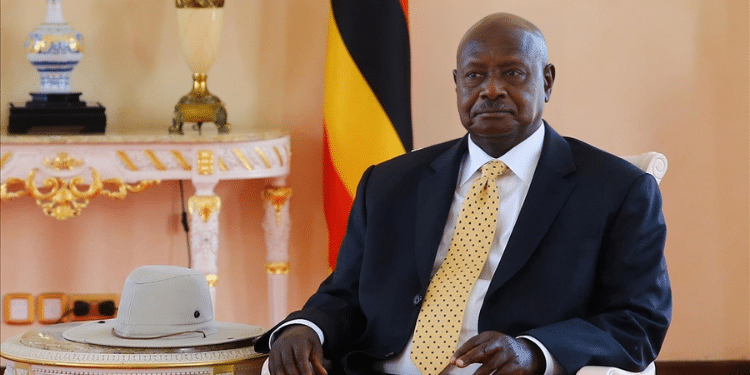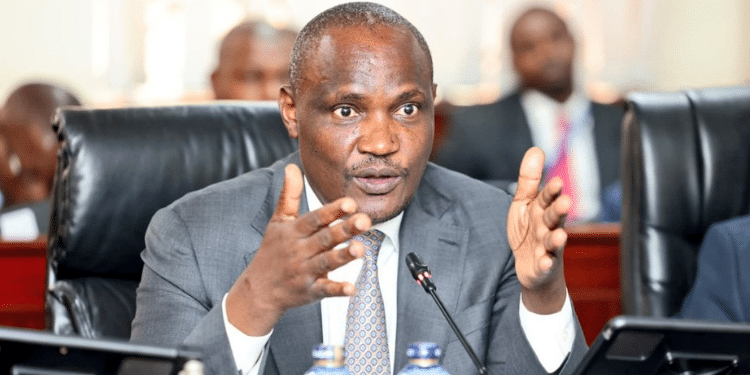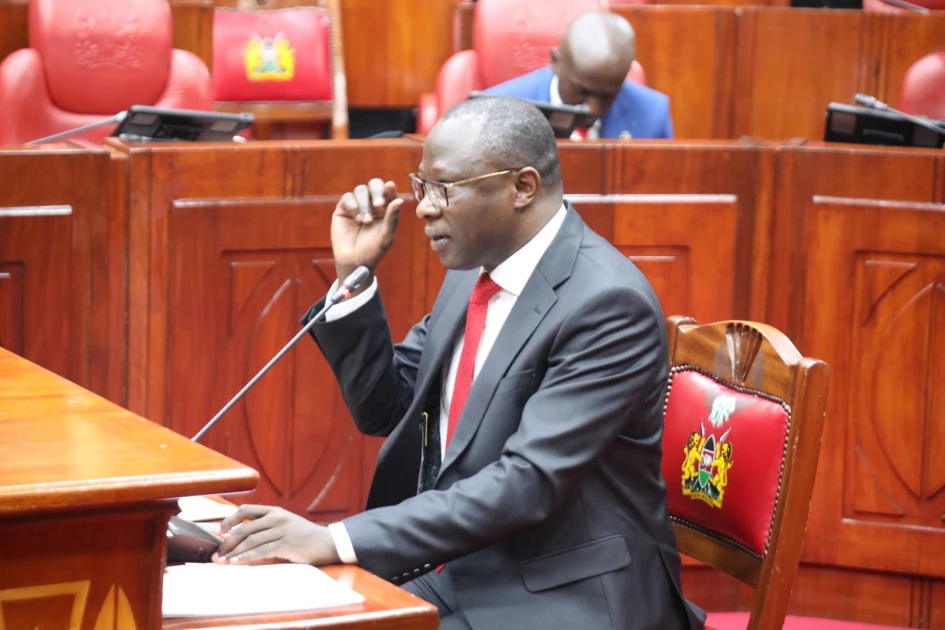President William Ruto has bowed to pressure and withdrawn the Finance Bill 2024 after protests in various parts of the country.
Speaking on Wednesday, June 26, Ruto said he would not assent to the bill and proposed to have a conversation with the youth to listen to their issues.
“Consequently, having reflected on the continuing conversation around the content of the finance bill of 2024, I will decline to assent to the bill,” he said.
“I also propose that within the next 14 days, a multi-sectoral, multi-stakeholder engagement be held with a view to charting the way forward on matters relating to the contents of the bill as well as auxiliary issues raised in recent days on the need for austerity measures and strengthening our fight against corruption.”
Lawyers have weighed in on the announcement and broken down what the Constitution states about the powers of the president on the approval or rejection of bills.

Experts Expose Ruto
Speaking to The Kenya Times, Lawyer Mwaura Muroki explained that the Constitution of 2010 does not provide for a situation called withdrawal of a bill.
Muroki said the President has only two options: assent to the bill or send it back to Parliament for reconsideration.
“Article 115 provides that within 14 days after receipt of a bill, the president shall assent to the bill or refer it back to Parliament. If the president sends the bill back for reconsideration, Parliament can either amend or pass the bill a second time without amendments,” he said.
The lawyer said the Constitution provides that a bill comes into law automatically after 14 days, even without presidential assent.
According to Muroki, this means that the Finance Bill 2024 will become law in the next two weeks.
Also Read: Ruto Addresses Police Shootings & Mass Abductions
“Even if the President does not assent to a law, by default, after it has gone through all the stages, it comes into effect on the 14th day. Two weeks from now, the Finance Bill 2024 will become law,” Muroki said.
Lawyer Ndegwa Njiru also asked President Ruto to stop misleading the people, stating that the Constitution doesn’t provide for the withdrawal of a bill.
“There is nothing in our laws known as withdrawing the Act. Ruto has no constitutional capacity to withdraw an Act of Parliament. Parliament can only repeal the Act,” Njiru wrote on X.
Also Read: Ruto Withdraws Finance Bill 2024, Gives Way Forward
Role of the Senate
Additionally, Muroki said the Finance Bill should have gone through the Senate since it is a money bill and touches on the counties.
He explained that President Ruto had not even received the bill from Parliament and cannot comment on assenting or rejecting it.
Muroki said chaos broke out at Parliament buildings before National Assembly Speaker Moses Wetang’ula presented the Finance Bill to the president.
“Remember that the Speaker called for recess and there is no mace. The mace is the symbol of Parliament convening. Even the session today, June 26, was illegal,” the lawyer explained.
The drafters of the Constitution designed it to prevent certain excesses experienced during the KANU era, including when a president would refuse to sign a bill into law despite its benefits.
Follow our WhatsApp Channel for real-time news updates!
https://whatsapp.com/channel/0029VaB3k54HltYFiQ1f2i2C











































































